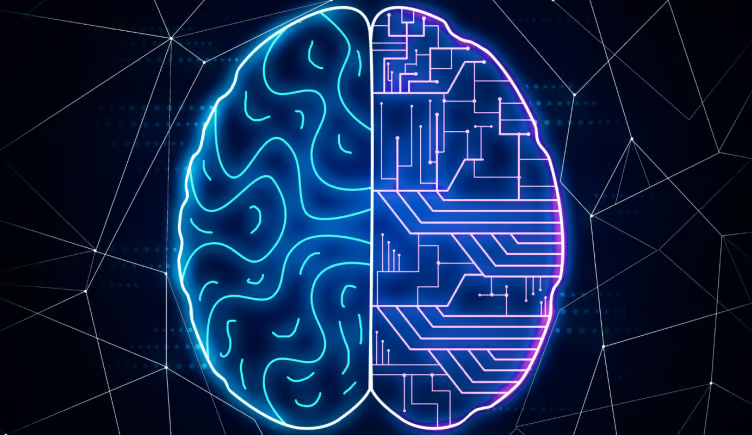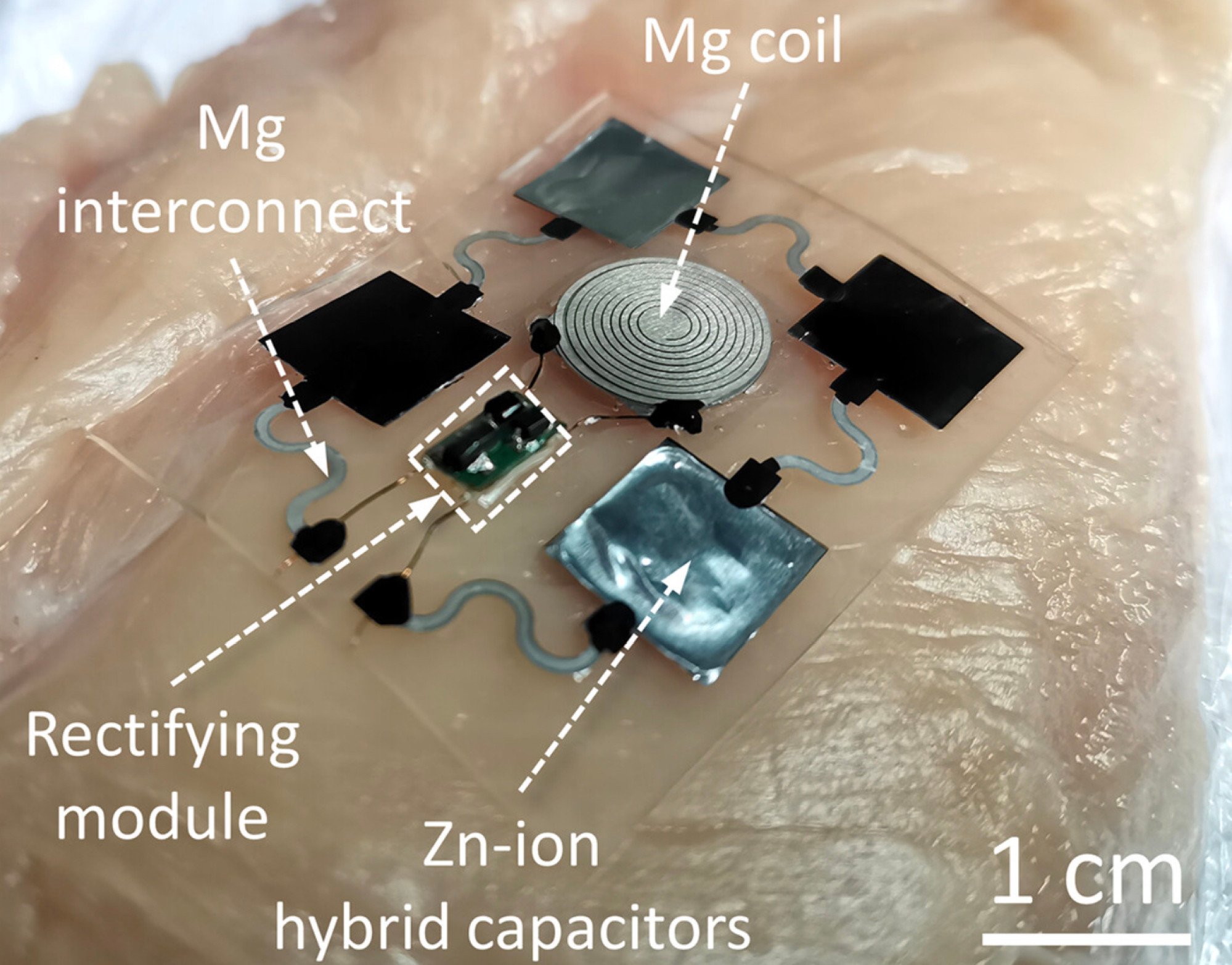In a world where data is king, machine learning has emerged as a crown jewel, fundamentally changing how we interpret, process, and leverage data across industries. However, the common misconception is that you need an advanced degree to break into this field. The reality? Skills and experience often outweigh academic qualifications.
Whether you’re dipping your toes in the data universe or you’re a seasoned data analyst or BI analyst aiming to pivot into a machine learning role, gaining proficiency in this domain is now more accessible than ever. To aid your journey, we’ve compiled a list of top-tier, entirely free machine learning courses. These courses balance theoretical grounding with practical model-building exercises.

Source: Built in
Machine Learning for Everybody
Kickstart your machine learning journey with “Machine Learning for Everybody,” led by Kylie Ying. This course adopts a hands-on, code-first approach, guiding you through the creation of fascinating machine learning models using Google Colab. You’ll engage in practical model-building while absorbing just enough theory to understand the underlying concepts. The course covers:
Introduction to Machine Learning
K-Nearest Neighbors
Naive Bayes
Logistic Regression
Linear Regression
K-Means Clustering
Principal Component Analysis (PCA)
Kaggle Machine Learning Courses
Kaggle, known for its real-world data challenges, offers a series of micro-courses that provide a solid foundation in machine learning. These courses, which can be completed in a few hours, include:
Intro to Machine Learning
Intermediate Machine Learning
Feature Engineering
These courses cover essential topics like model validation, underfitting and overfitting, random forests, handling missing values, ML pipelines, XGBoost, mutual information, and more.
Machine Learning in Python with Scikit-Learn
Offered on the FUN MOOC platform, this course is created by the core developers of scikit-learn. It comprehensively covers building machine learning models with scikit-learn, reinforced with video tutorials and Jupyter notebooks. Key areas include:
Predictive Modeling Pipeline
Model Performance Evaluation
Hyperparameter Tuning
Linear and Decision Tree Models
Ensemble Models
Machine Learning Crash Course by Google
This Google course is an excellent resource for learning machine learning with TensorFlow. It includes foundational concepts, engineering principles, and real-world system applications. The course covers:
ML Foundations
Introduction to TensorFlow
Feature Engineering
Neural Networks
Static vs. Dynamic Training and Inference
Data Dependencies and Fairness
CS229: Machine Learning by Stanford University
For those seeking a deeper, more technical understanding, Stanford University’s CS229 is unparalleled. It offers the depth of a semester-long university course, covering supervised and unsupervised learning, deep learning, regularization, and reinforcement learning.
This curated list of courses is designed to democratize knowledge in machine learning, proving that passion, dedication, and practical skills can pave the way for a successful career in this dynamic field. Whether for professional advancement or personal satisfaction, these resources are your gateway to mastering machine learning.

Central to this technology is a magnesium coil that receives power wirelessly from an external transmitting coil placed on the skin. The energy then moves through a circuit into a zinc-ion hybrid supercapacitor energy storage module. Unlike batteries that store chemical energy, supercapacitors hold electrical energy, offering a high power density for consistent energy discharge.
Encased in a biodegradable chip-like implant, the prototype integrates energy harvesting and storage, ensuring a constant power supply to the bioelectronic device it’s connected to. Both magnesium and zinc are crucial to human health, and the researchers have ensured that the device’s materials are in safe quantities, promoting biocompatibility.
Tests in rats demonstrated the device’s efficacy for up to 10 days, with complete dissolution in two months. The duration of functionality can be tailored by altering the encapsulation layer’s thickness and composition. This technology opens avenues for localized, on-demand drug delivery, and therapy directly in various tissues and organs.
To showcase its potential, the scientists connected the power supply with a biodegradable drug delivery device containing anti-inflammatory medicine, implanting it in rats with induced fever. The results were promising; temperatures in rats with the implant were significantly lower than those without, over a 12-hour monitoring period.
While the device currently operates until power exhaustion, the researchers suggest that controlled charging could regulate its activity. Even uncharged, the device showed some passive drug release, indicating its potential as a sustained treatment method.
This prototype marks a crucial step in advancing transient implantable bioelectronic devices, offering effective and reliable energy solutions for a range of medical applications.





